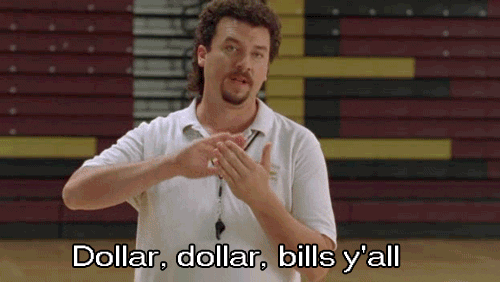Logo TV's hit reality competition RuPaul's Drag Race dominates gay media with its catchy one-liners, out-of-this-world fashions, and drama, drama, drama for days. The show is like the love child of Project Runway, America's Next Top Model, Real Housewives, Real World, Bad Girls Club, and American Idol, and it's got everything a successful series needs: competition, rivalries, friendships/alliances, underdogs, rude judges, pop culture references, lipsynchs for your life, and so much more.
But despite the fact Drag Race has cracked the code on how to make gay culture mainstream, it unfortunately has yet to figure out how to do this while catering to a more intersectional audience.
This may be a leap, following praise of the show, but these two sentiments are not mutually exclusive. One can enjoy a show and still acknowledge and vocalize the areas in which it can improve in representation and inclusiveness. Breaking down the many ways the show is problematic (a word that seems to make people really angry) is a difficult and complex issue, but a great place to start is with popular vlogger Kat Blaque's recent video entitled "Is RuPaul's Drag Race Racist?" The video, which is a part of her "True Tea" series, has garnered attention both good and bad, and for understandable reason.
I'm not going break down all of the critiques about Drag Race that have been offered, because they've already been offered plenty of times before. I won't talk about how they cast and edit Latin queens who aren't fluent in English. Or how people looked for any excuse to say Kennedy Davenport didn't actually destroy Katya in the lipsynch. Or how Ru is actually building an empire, and isn't the motherly figure he plays on TV. (Just see any interview where contestants are asked what Ru is like in person. They never know because they don't actually interact.) Or how Ru doesn't legitimately connect with his blackness on the show (like how Tyra Banks on ANTM would engage in short dialogues with black contestants on how they've been taught to look and pose). Or how at the end of the day, Ru is a black man playing a black woman, and he should understand that when one portrays someone of a different community, you need to be open to feedback.
No, no. I won't be getting into all of that. What I want to focus on specifically is the tone and attitude of Drag Race's fandom at large, and specifically how said fandom engages with the show and with others on social media platforms.
What's been proven time and time again (especially if you use the internet and look at comment sections) is that Drag Race fans are aggressive and will come for you if you disagree with them or offer critiques on their favorite show. Whether people are still hating Tyra Sanchez (and being salty over Raven's deserved loss) 6 years after her victory, mobbing together to attack Kennedy Davenport's performances AND character, or making poor edits/memes that shame queens of color for shade while praising white queens for doing the same (if Violet Chachki had been of color, she would've been loathed), it's no secret that online arguments about Drag Race can get really heated, really quick.
What's sad about the aggressive and exclusive attitudes in the fandom is that the show is about communities that have been historically and systematically oppressed for people who have been historically and systematically oppressed. There's this unfortunate idea floating around in today's media landscape and social consciousness that those who are oppressed cannot oppress. This is far from the truth. The queer community does a good job all on its own of enforcing homonormative values that include molds for what one should look like, talk like, weigh, eat, buy, do, and want. Oppressed people all too often suffer so deeply from the trauma they face every day, that they consciously or unconsciously create hierarchies in their own communities because oppression becomes second nature in a world like ours.
Let's remind ourselves of the T-word controversy, wherein the fandom literally fought to keep one of the show's contentious two-second snippets the same because their entertainment was more important than other people's feelings. Rather than delving into pools of sympathy, Drag Race fans launched into a debate about whether or not the word was truly offensive, instead of accepting that their fellow community members felt hurt and triggered. Whether through ignorance or malice, the change was supposed to be healing, but viewers ended up feeling attacked.
This is interesting for a community that launches all-out assaults when celebs use the F-word against gay white men. Why do we get to pick and choose which words are hurtful and which ones aren't? Maybe the better question is, who in the community is making these decisions?
The point of this is, we need to allow discourse to happen, but this discourse needs to include ALL voices. If you love Drag Race, why can't you allow someone else NOT to like it, or to have an opinion different from yours? Saying the show has racist elements, for example, should not lead one to infer that those who watch the show are also racist.
Is Drag Race entertaining as hell? Yes. Is Drag Race doing good things for the gay community? Yes. But this doesn't change the fact that the show is problematic in both content and fandom.
Unfortunately, if the future of the show rides on Ru, change may be unlikely. RuPaul has voiced his opinions about "language police" and they're not favorable. In an interview with Vulture, Ru said, "Life is not to be taken seriously." He added, “Most people are dumb as fuck. If you look at their voting habits and their eating habits, you realize people are stupid. So we could talk about stupid people or we could just stay with smart people who know how to have fun and not even focus on what dumb people do. It's not worth it.”
It's unclear how much say Ru has in the final product, but arguably his voice would be the most powerful one of change for a show that shares his name. It's true that laughing is important, and taking it easy is important, but what's also important is validating the voices of community members with different identities than ours. There are so many ways to be funny that we shouldn't need to rely on words that cause harm to get a laugh.
If fans think the show will be ruined by intersectionality, critical discussion, and the Drag Race team actually start to think about/change poor editing and racial stereotyping, how good, really, do they think the show is? Better yet, how good is any show that can't survive a few alterations?
What are your thoughts on Drag Race? Let us know in the comments and on Twitter!


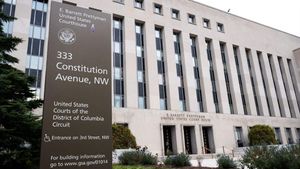

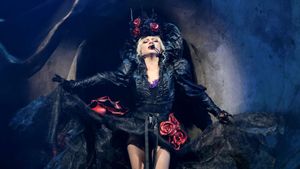

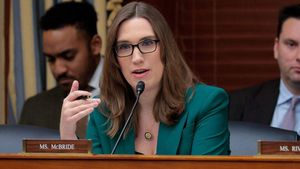
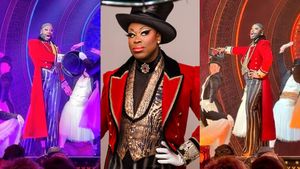



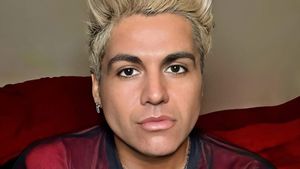
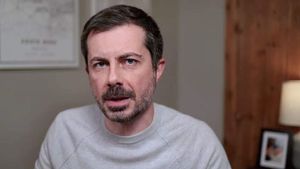
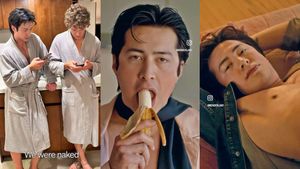
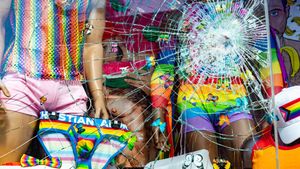
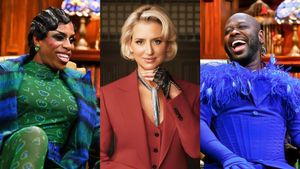

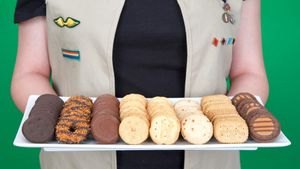


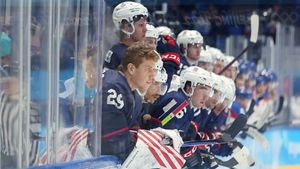
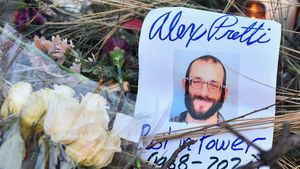

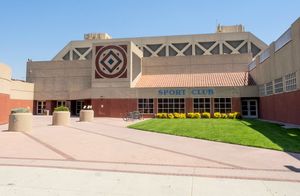



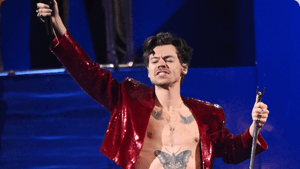



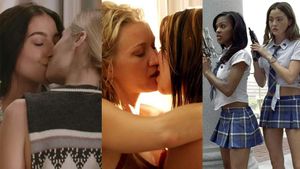
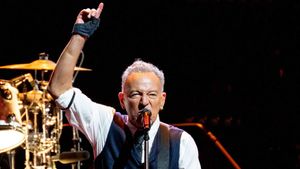


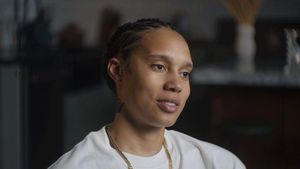






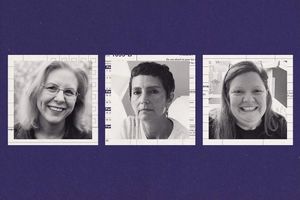


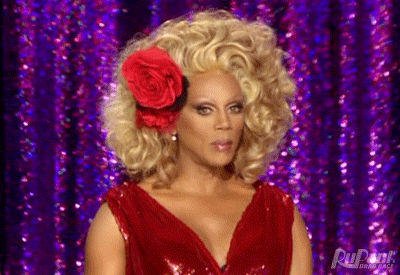
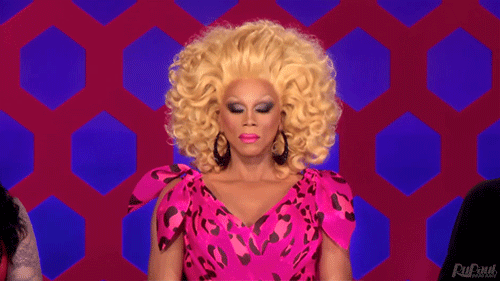
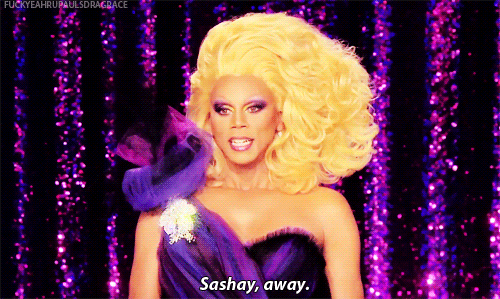

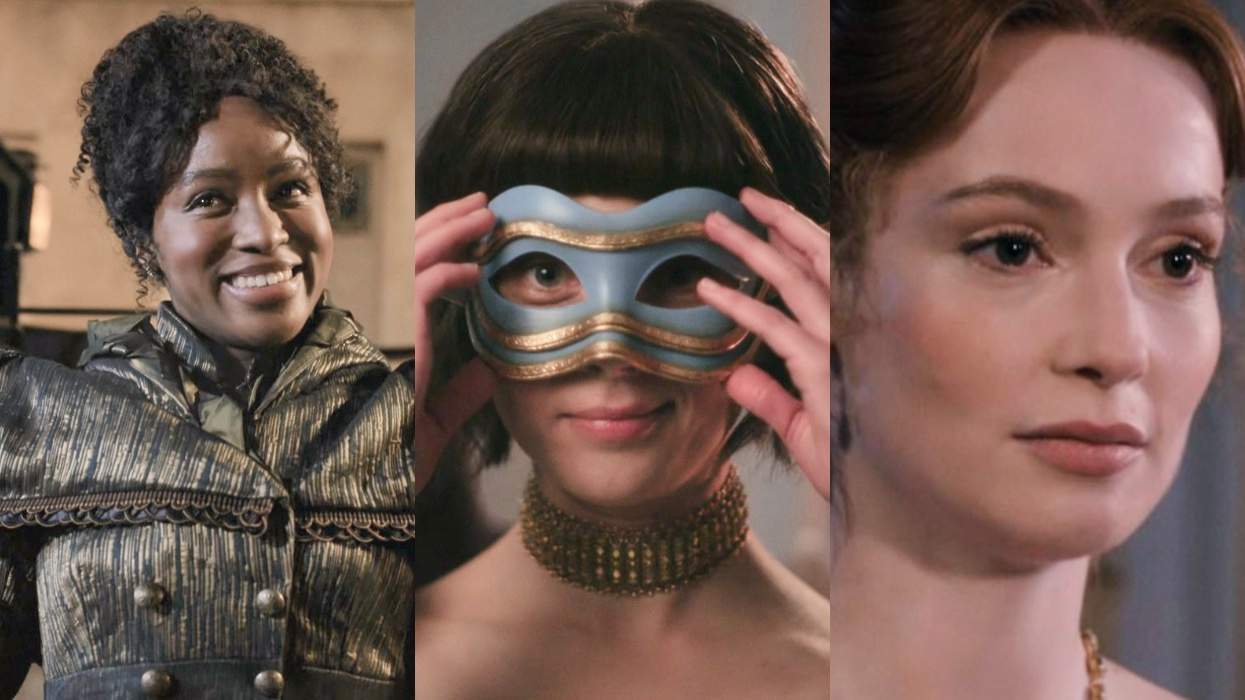
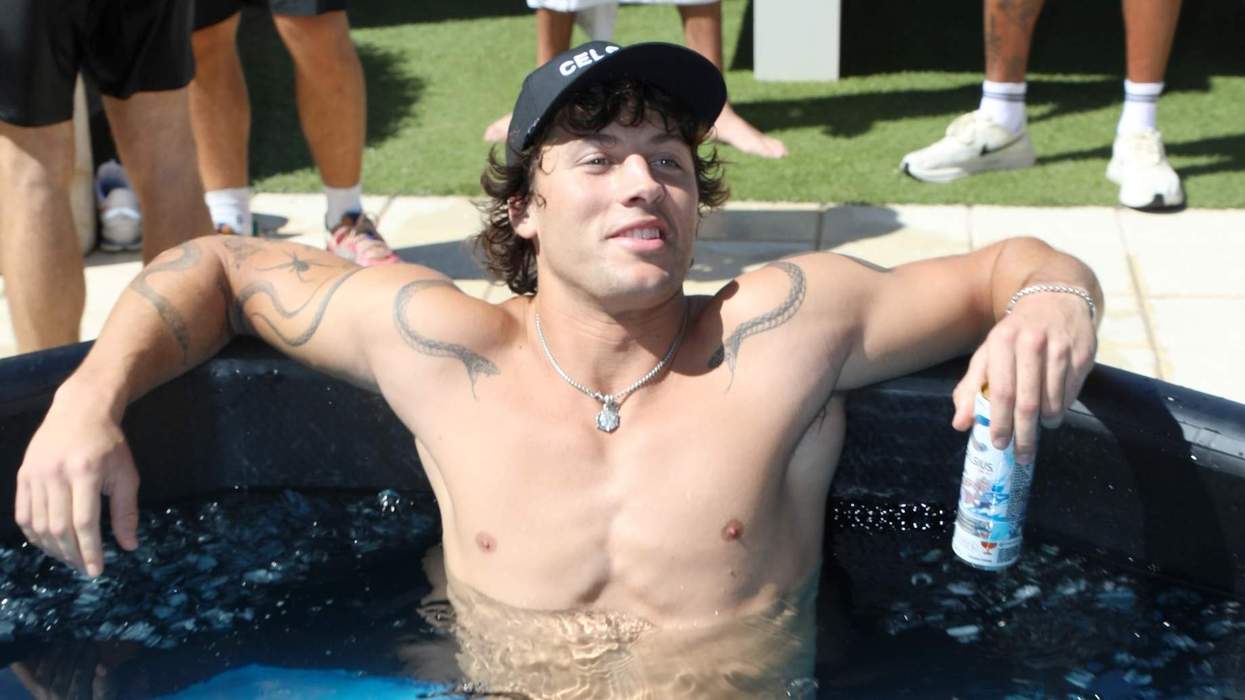
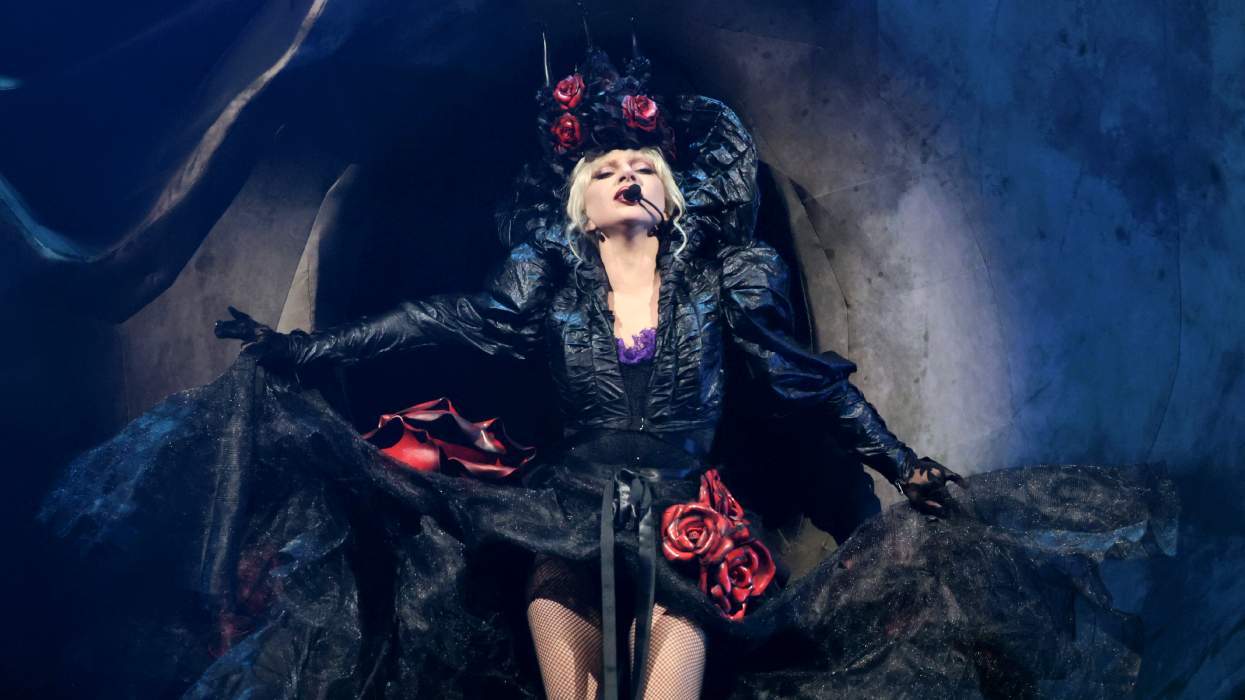





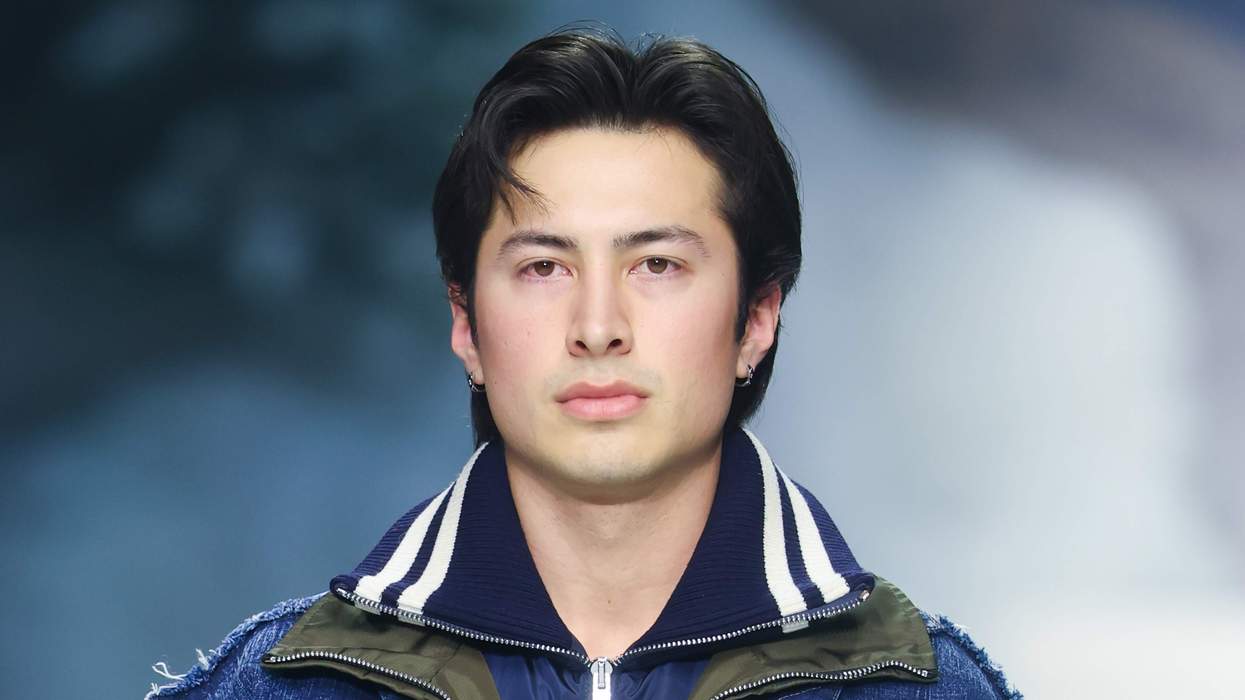




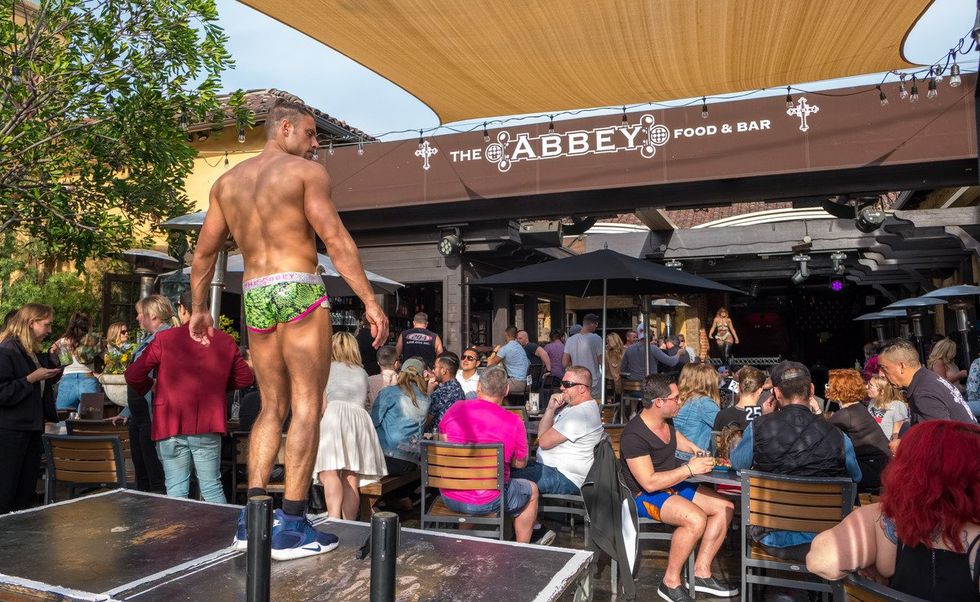
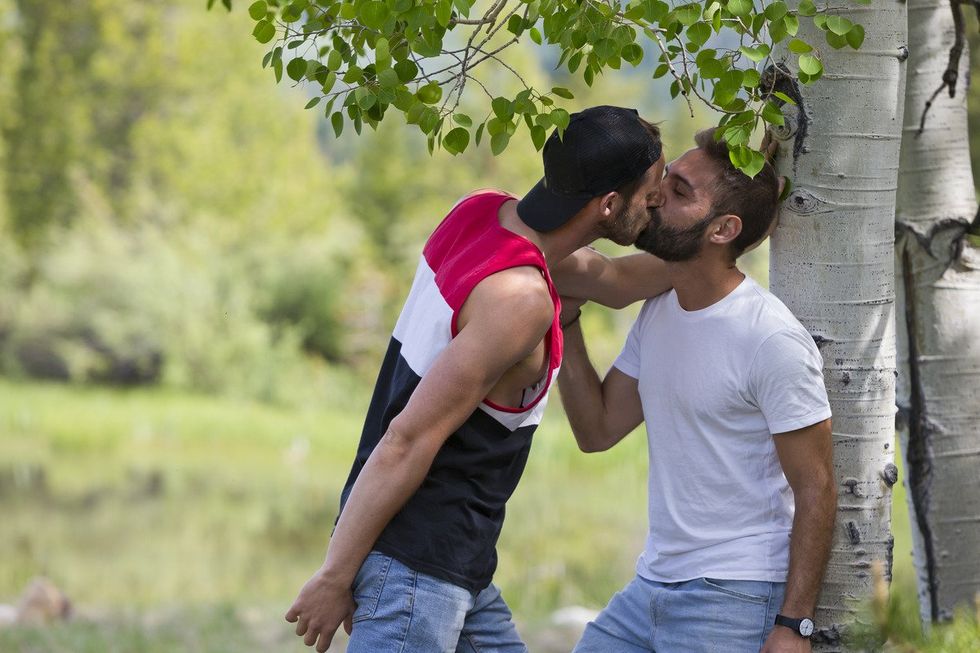


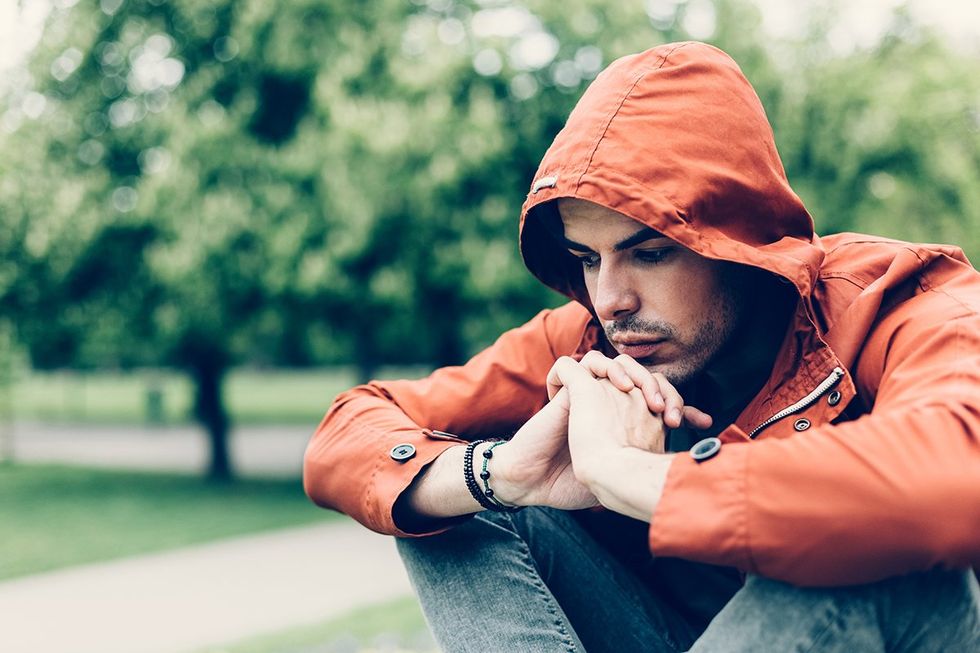

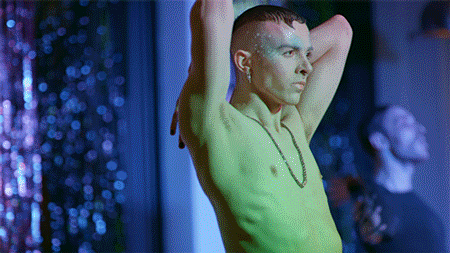 Strike A Pose Mic Drop GIF by FILMRISE - Find & Share on GIPHY
Strike A Pose Mic Drop GIF by FILMRISE - Find & Share on GIPHY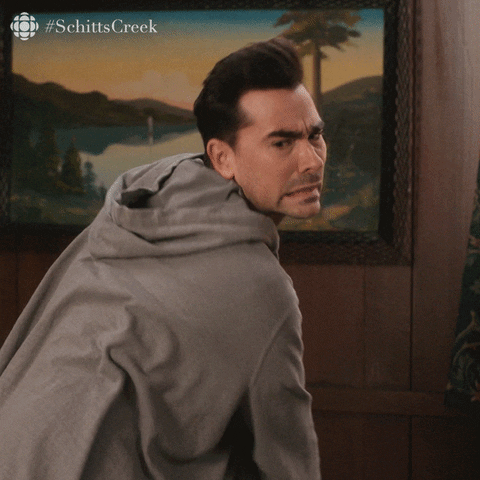 Schitts Creek No GIF by CBC - Find & Share on GIPHY
Schitts Creek No GIF by CBC - Find & Share on GIPHY